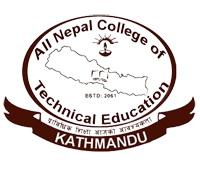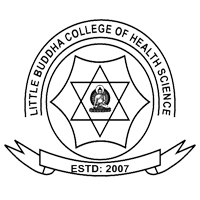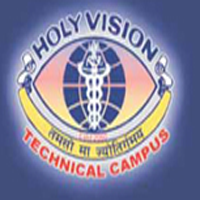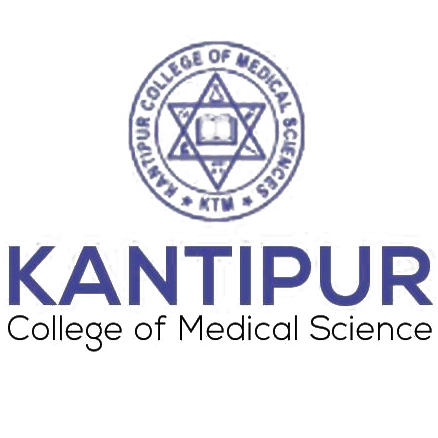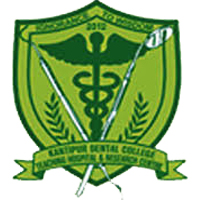Overview
Diploma in Pharmacy – Shuvekshya Polytechnic College, Kathmandu
The Diploma in Pharmacy program at Shuvekshya Polytechnic College (SPC), Sitapaila, Nagarjun Municipality, Kathmandu, is a three-year, CTEVT-affiliated course focused on pharmaceutical education. The course is structured to prepare students for professional roles in organizing, dispensing, and managing medications in hospitals, clinics, and community health facilities.
The program follows the official CTEVT curriculum and complies with national technical education standards. Its maximum annual intake is 40 students, and there are 4 scholarship seats available. Admission is granted through the CTEVT entrance examination. Students who have passed the Secondary Education Examination (SEE) or equivalent can apply.
Curriculum Details
The course is divided into six semesters over three academic years. It includes a combination of theoretical knowledge and practical training in pharmaceutical sciences. Major subject areas include:
-
Pharmaceutical Chemistry
-
Pharmacology and Toxicology
-
Pharmacognosy
-
Pharmacy Law and Ethics
-
Hospital and Clinical Pharmacy
-
Community Pharmacy
-
Pharmaceutics and Compounding
-
Biochemistry and Microbiology
Students also complete lab work, project assignments, and field internships under professional supervision.
Objectives
-
Build core knowledge of drug formulation, dispensing, and pharmacological applications.
-
Train students in safe medication practices and prescription verification
-
Develop an understanding of national and institutional pharmaceutical regulations
-
Support practical competence in handling and distributing medicinal products
Scope
Graduates of this program are prepared to work in both the private and public sectors. The course covers pharmacy practices applicable in hospitals, drug stores, public health departments, and pharmaceutical companies. It also supports students pursuing higher education in pharmacy or related fields.
Learning Outcomes
By the end of the course, students are expected to:
-
Understand drug properties and therapeutic uses
-
Dispense medications accurately and ethically
-
Maintain pharmacy inventory and patient records
-
Comply with national pharmaceutical regulations
-
Assist in basic clinical assessments in a hospital setting
Skill Development Modules
The program offers hands-on training that builds technical and communication skills required in pharmacy practice. Key skill areas include:
-
Drug compounding and preparation
-
Medication labeling and dispensing
-
Stock management and pharmacy software use
-
Patient education and counseling techniques
-
Sterilization and safety protocols
Teaching Methodology
Instruction is delivered through:
-
Classroom lectures supported by textbooks and manuals
-
Laboratory-based experiments and exercises
-
Seminars and group discussions
-
Field training in registered pharmacies and hospitals
-
Evaluation through periodic tests, assignments, and final examinations
All teaching and assessment are conducted as per CTEVT guidelines.
Admission Requirements
-
Must have passed the Secondary Education Examination (SEE) or an equivalent level
-
Must qualify through the entrance examination conducted by CTEVT
-
Selection is based on entrance merit and seat availability
Career Opportunities
Graduates can work in:
-
Government and private hospitals
-
Community health centers
-
Retail and wholesale pharmacies
-
Pharmaceutical companies (production and sales)
-
NGOs involved in medicine distribution and health campaigns
Pharmacy diploma holders can also apply for license registration through the Nepal Pharmacy Council.
Scholarships and Financial Aid
SPC provides four scholarships per year for this program. Scholarships are distributed according to the CTEVT quota system, which considers students from disadvantaged, rural, and marginalized backgrounds. Financial aid options may vary based on governmental and institutional policy updates.
Why Choose This Course?
This course is ideal for students interested in the science of medicine and its practical application in healthcare settings. With a structured pathway into the pharmaceutical profession, the program combines academic knowledge with workplace readiness.
Conclusion
The Shuvekshya Polytechnic College Diploma in Pharmacy offers a solid foundation in pharmaceutical education. It connects theory with field practice, helping students gain the knowledge and skills needed for responsible healthcare delivery and medication management roles.



